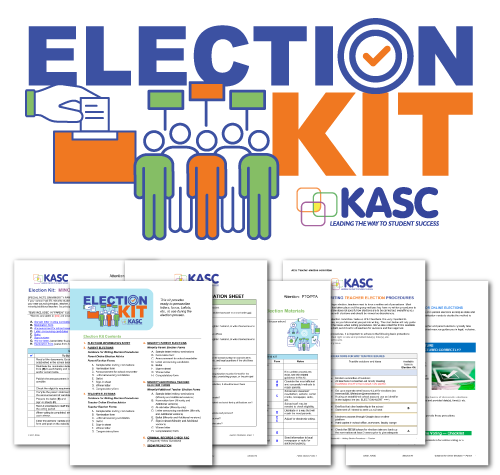Deepen parents’ knowledge, help
Getting your fellow parents involved in true partnerships and activities focused on improvement goals is demonstrated in council meetings, work with council colleagues, and interaction with others at school. Here are some ideas for parents to help your school strengthen the way parent involvement complements student learning:
This includes building relationships, speaking and listening in parent-friendly ways, and adopting a customer satisfaction philosophy.
Council Leadership > Invite the opinions of all types of parents who are representative of your school through the council, committees, PTA meetings, surveys, etc. For every decision the council makes, ask if there is a meaningful role for parents. Ask how parents will be notified about council actions and policies.
Day-to-Day Leadership > Be a role model as a listener. Seek out opinions of parents who might see things from a different perspective than you do. Give parents the benefit of the doubt, and assume that everyone loves their children even if they don’t show it the same way you do.
This includes helping families understand standards, performance levels, and how they apply to student work and classroom activities.
Council Leadership > Help the council stay focused on setting specific student achievement goals and planning the roles parents play in increasing student achievement. Communicate student results to families routinely, not just on the report cards and with the CATS scores.
Day-to-Day Leadership > Help parents and community members understand that the bottom line of school success is students who can demonstrate what they know. Help parents see how they can use the time and expertise they have to help their children in meaningful ways.
This includes developing targeted strategies for strengthening the role of all parents as partners in the education of their children.
Council Leadership > Institute council policies that include parents as meaningful partners in classroom instruction and school expectations. When a policy is passed, make sure there is a provision for informing, involving, and even teaching parents how to be part of the school team.
Day-to-Day Leadership > Have at least two simple ideas for how every parent can be a more active part of their child’s education, and be ready to share those with parents who aren’t sure how to get involved. One example: Look at students’ classroom work and ask them questions about what they learned or thought was interesting or challenging. How does that compare with what teachers define as proficient work?
"Successful family involvement is not a sporadic activity. It is a sustained commitment to instill the habits of learning and to set high expectations. It is making connections to teachers and schools not only when trouble arises, but as a part of the everyday process of children’s schooling."
— Margaret Spellings, U.S. Secretary of Education
QUICK HELP
EXPECTATIONS 101
Guides from the U.S. Education Department give parents pointers on what to expect or how to be helpful in their child’s education. Some ideas they share:
> 3- to 5-year-old language development … Show your child new things, make sure you name them and teach your child new words every day … Teach your child the alphabet
> 4th grade math: … Students should understand fractions and decimals … Write solutions that are organized with supporting information and explanations of how they were achieved ...
> 8th grade reading: … Students should make connections between the material read and his/her own experiences, including other reading experiences...
> Challenging high school years: … High school is the training ground for college and work. You can help prepare your child for college by encouraging him or her to take challenging courses such as English, math (Algebra I and II, geometry, trigonometry, calculus, for example), foreign language, science (biology, chemistry, physics, for example) and history or social studies.
> 12th grade science: … Students should analyze data and apply scientific principles to everyday situations … Recognize that rate of change depends on initial conditions and other factors...
> Read the full guide here.



